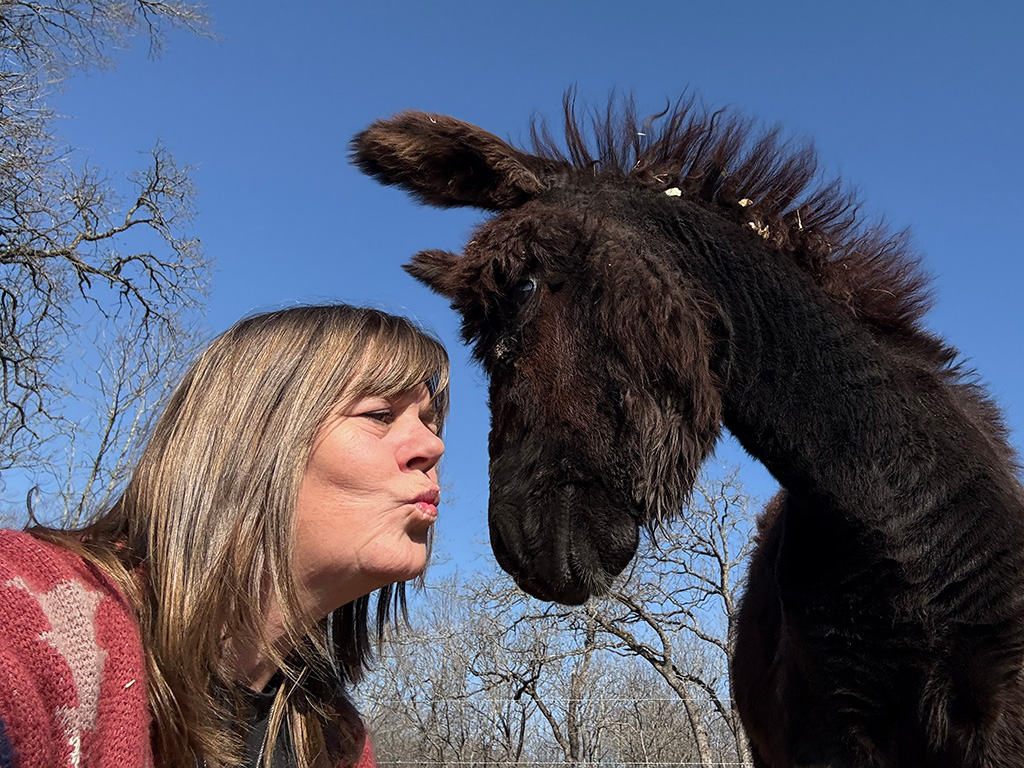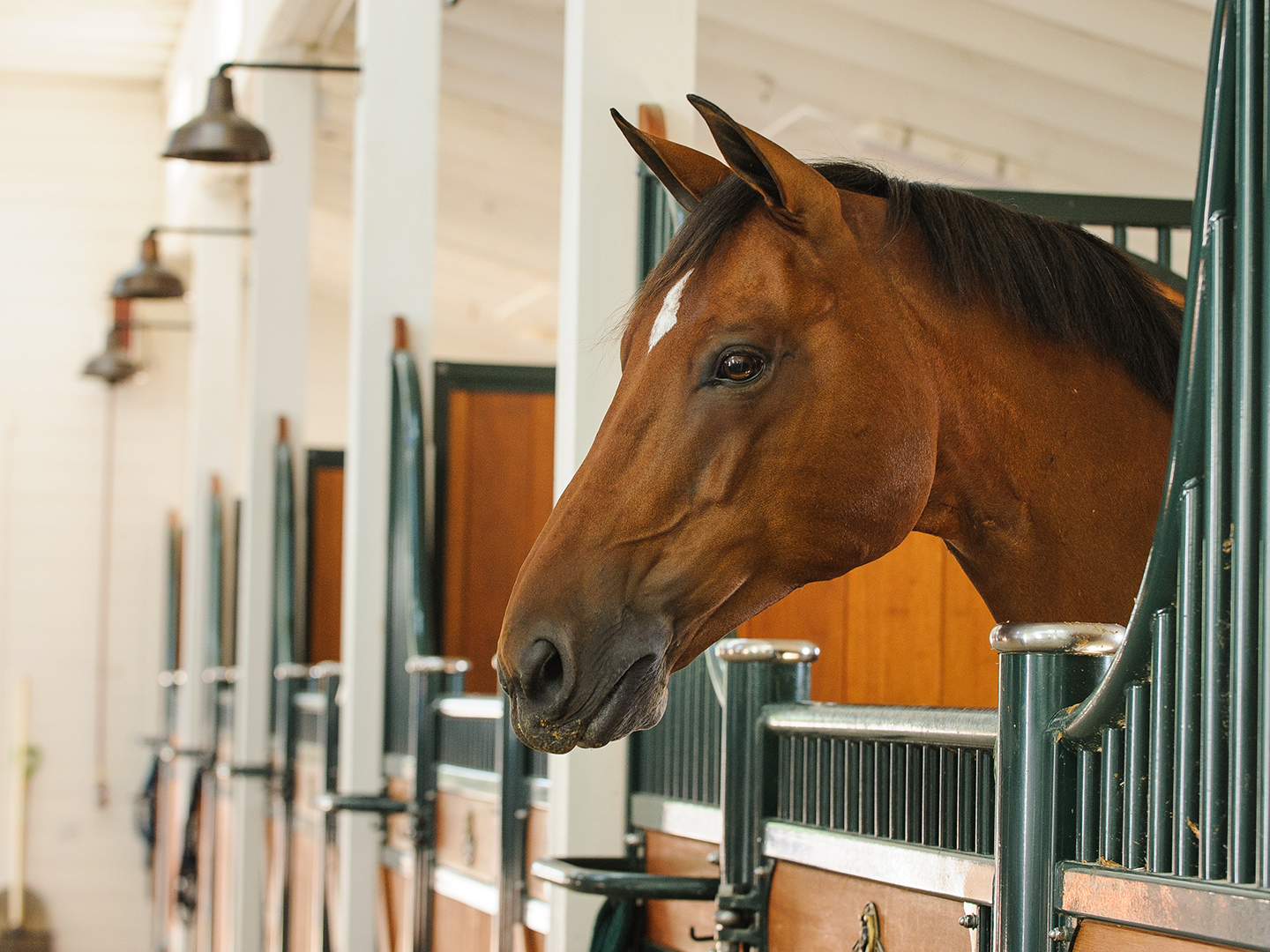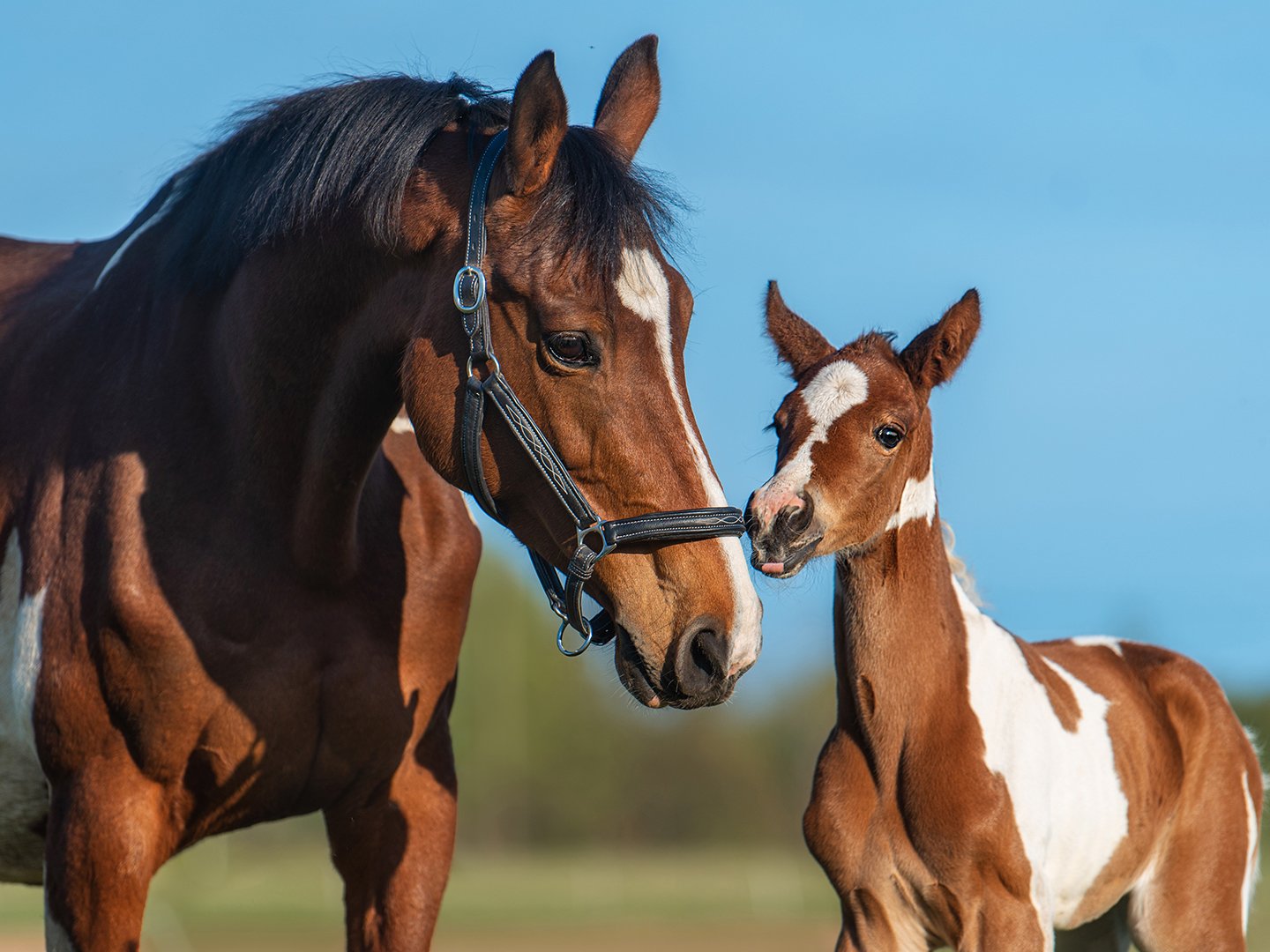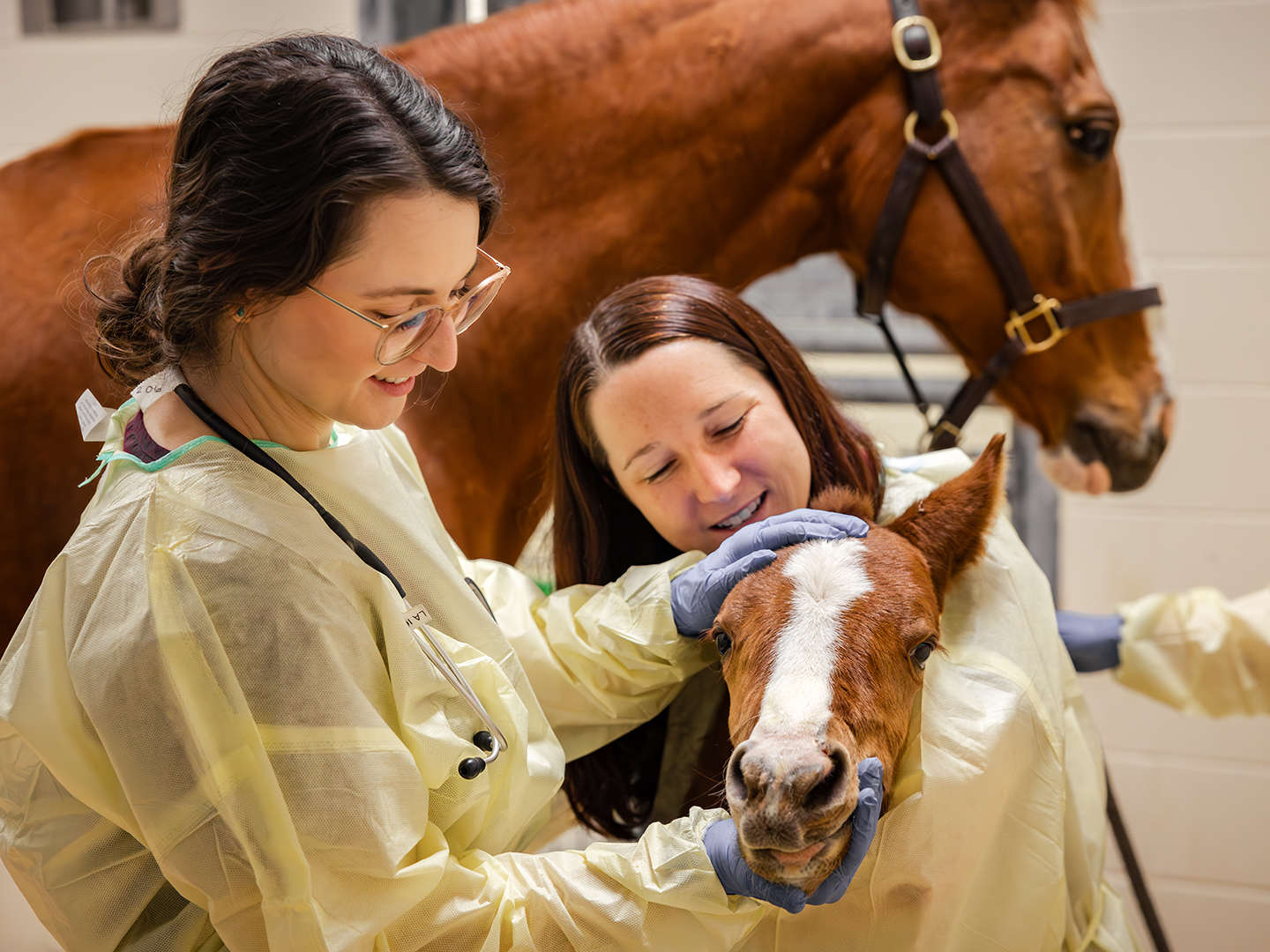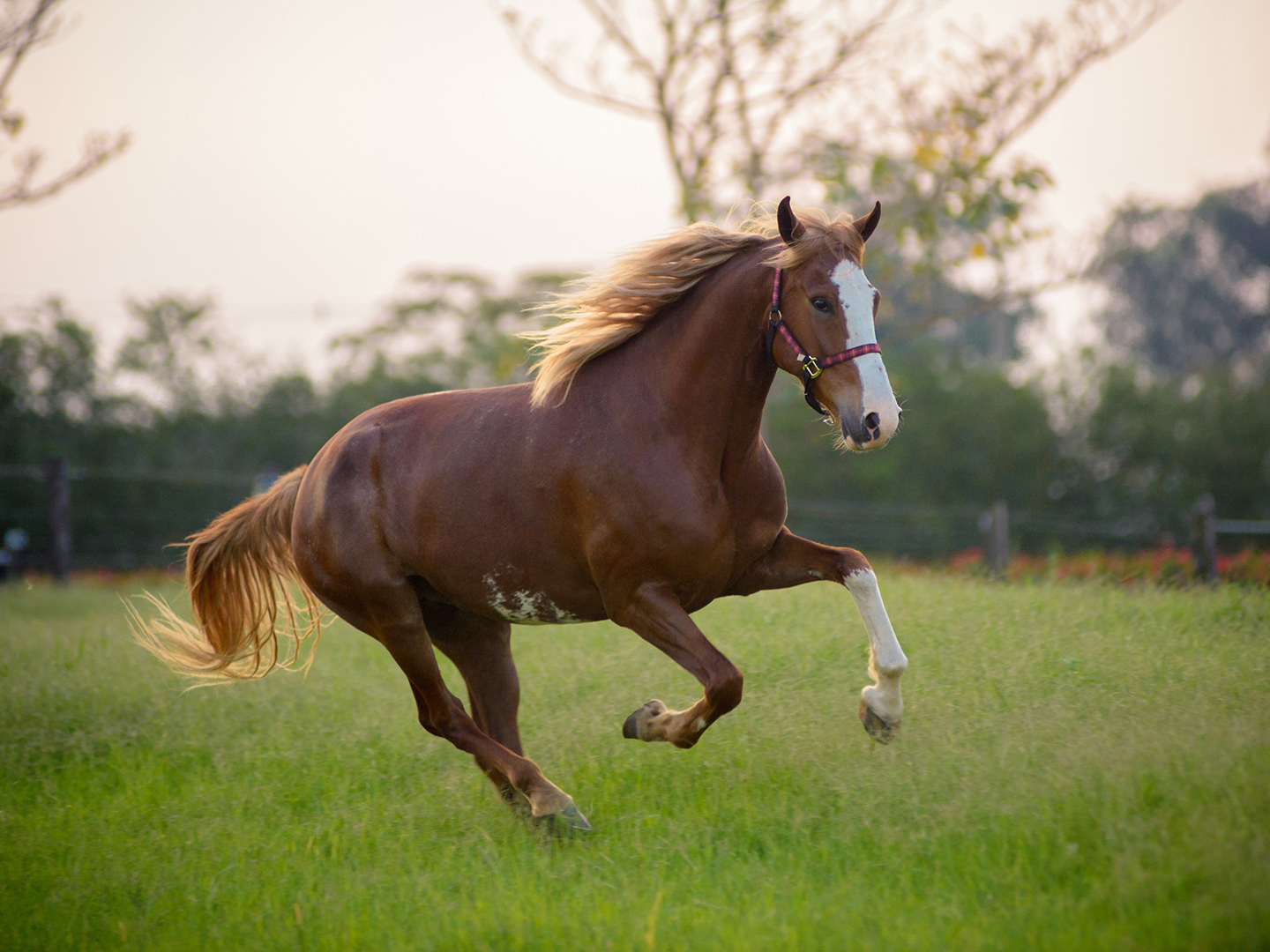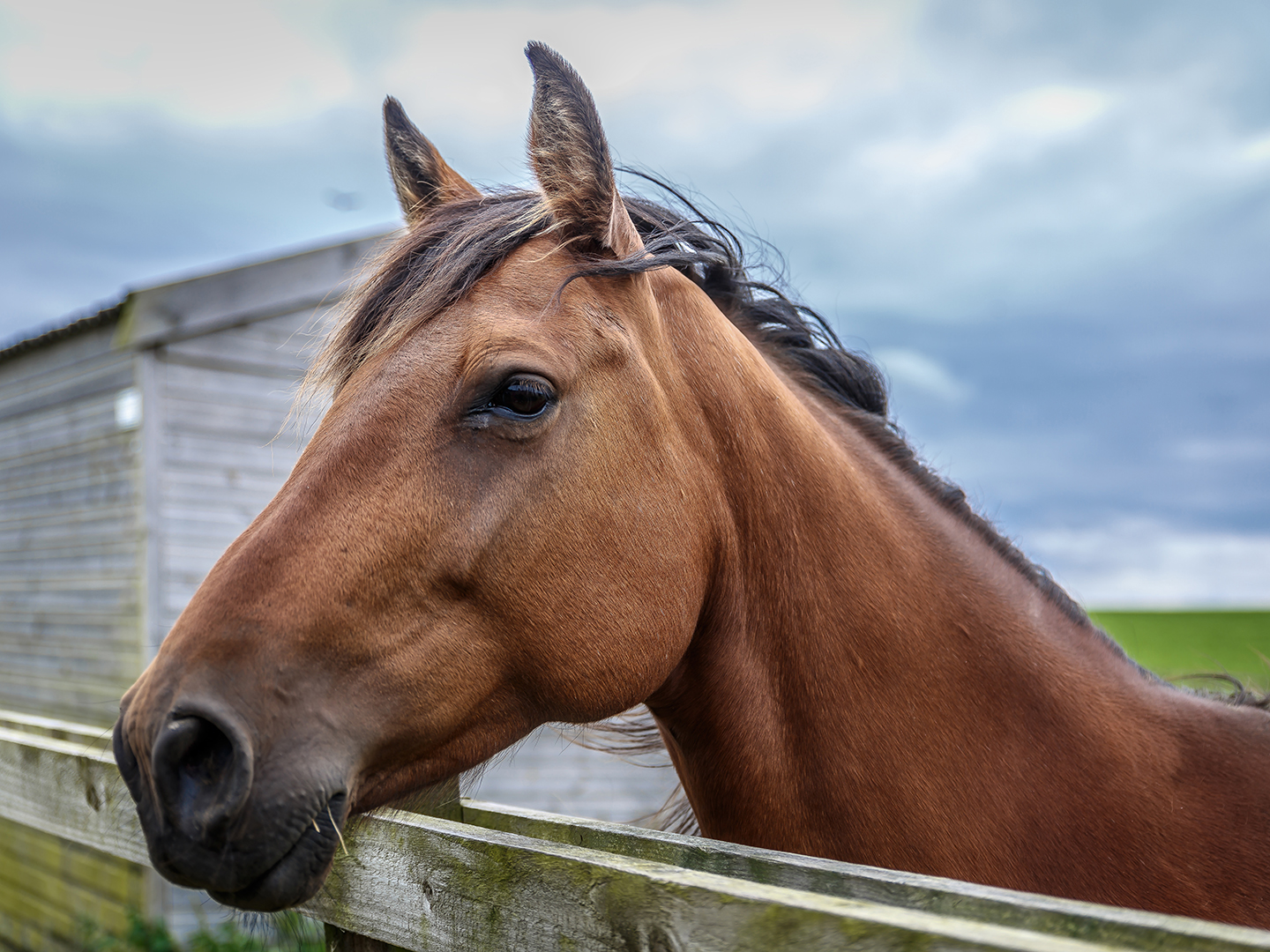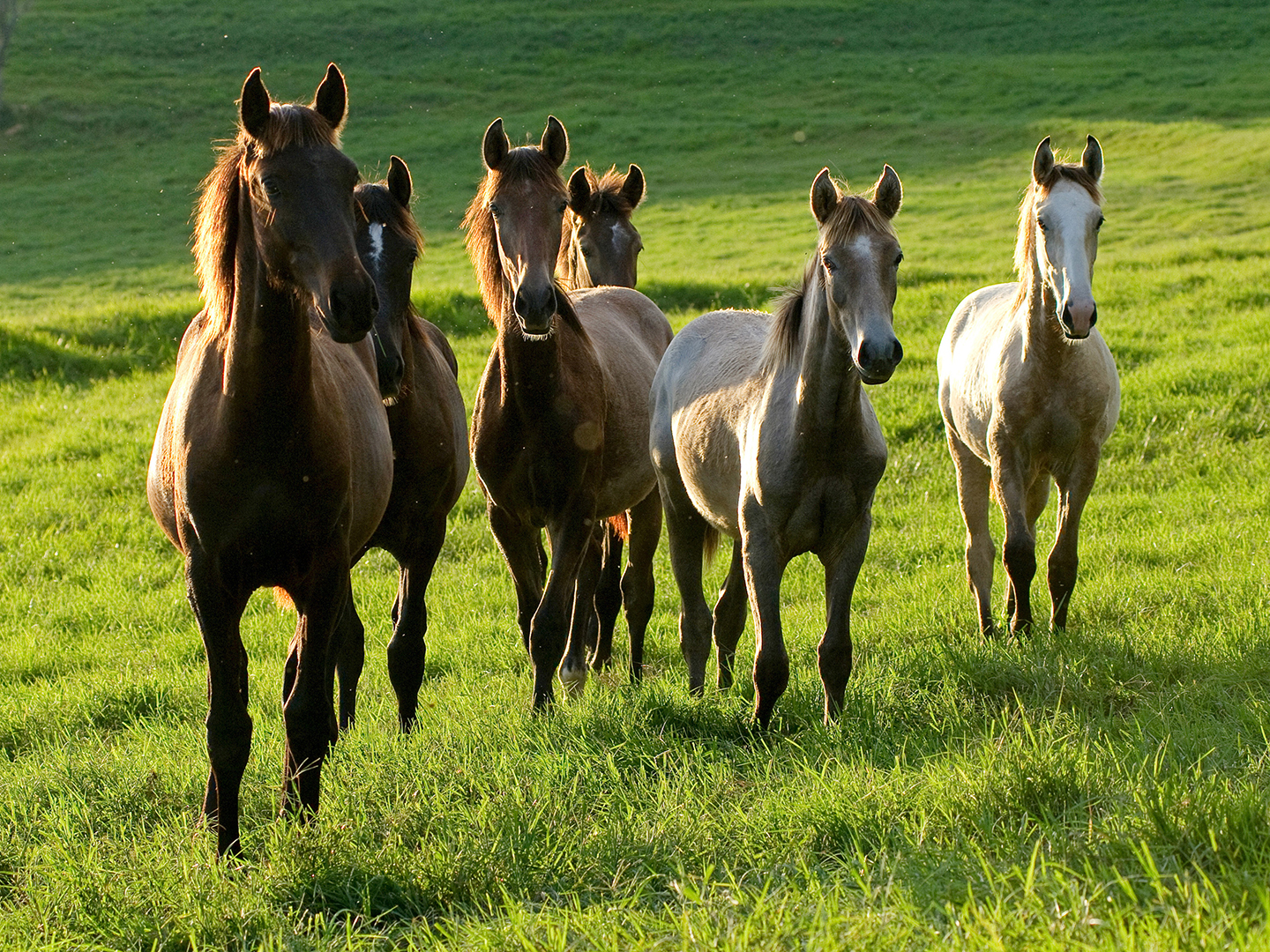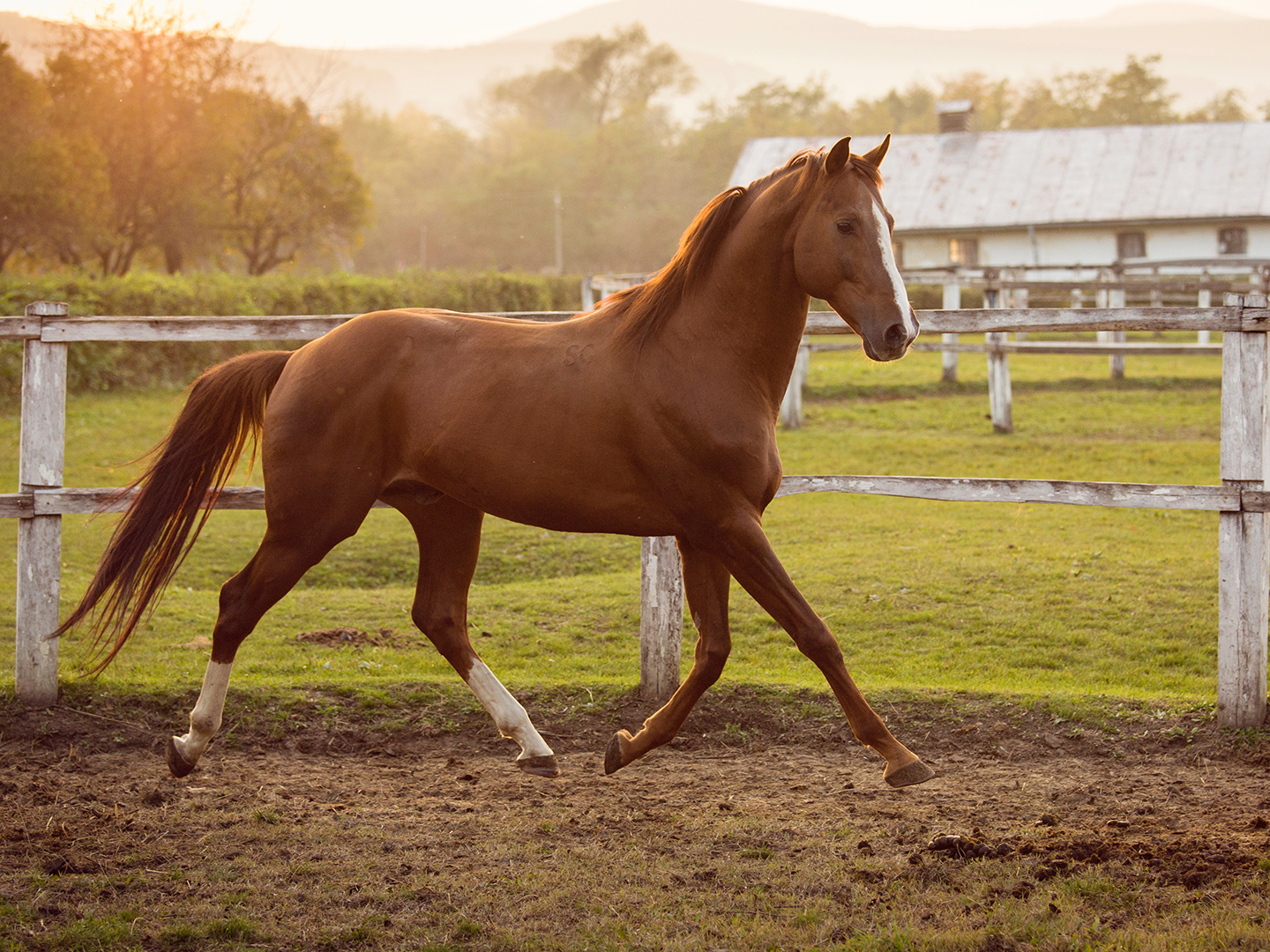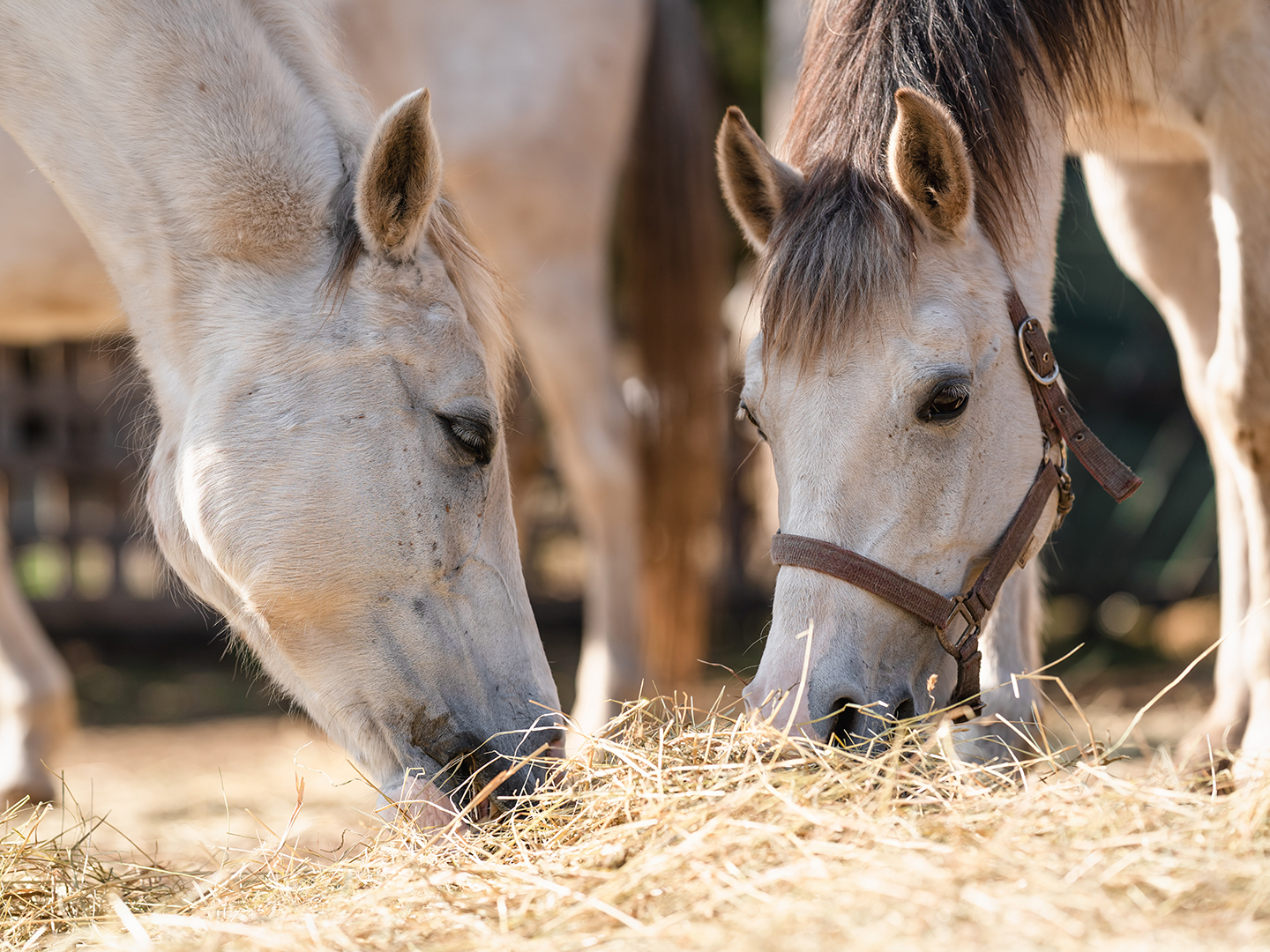Texas A&M Veterinarians Help Donkey Foal Fight Critical Health Issues
If there is one word that Stefanie Shaver, would use to describe her jenny foal, Shadow, it would be a “fighter.” “Shadow began her life struggling with several medical conditions,” Shaver said. “She’s pulled through a lot, so for her to be around today is really a godsend.” At just 2 months old, Shadow was […]
Say ‘Neigh’ To West Nile Virus, Eastern Equine Encephalitis
As summer turns to fall, most of the U.S. officially enters peak mosquito season. And with peak mosquito season comes a rise in mosquito-borne illnesses, including West Nile Virus and Eastern Equine Encephalitis (EEE). Because these vector-borne diseases affect multiple species of animals, including humans, Dr. Amanda Trimble, a clinical assistant professor of equine internal […]
Foal Health: Managing Neonatal Maladjustment Syndrome
Although rare, neonatal maladjustment syndrome (NMS) can be a challenging and potentially serious condition for foals as they struggle to adapt to life outside the womb due to neurological abnormalities present during or shortly after birth. The condition is characterized by a range of symptoms and risk factors, but understanding the possible causes behind NMS […]
Foal Health: Recognizing Neonatal Maladjustment Syndrome
The anticipation of the birth of a foal is a moment of hope and excitement for horse owners. This moment can be overshadowed, however, if the mare or foal experiences health problems during the pregnancy. Dr. Amanda Trimble, a clinical assistant professor of equine internal medicine at the Texas A&M School of Veterinary Medicine and […]
Texas A&M Equine Veterinarians Work Around The Clock To Save Newborn Foal
Queen Victoria, the German warmblood filly, proved her strength at a young age, just like her namesake, the United Kingdom’s former monarch who took the throne at only 18 years old. Almost immediately after birth, the foal, nicknamed Vicky, became separated from her mother, Queenie, after rolling into an adjoining stall. Their few hours apart […]
Next Steps For Controlling Equine Colitis
Among the numerous gastrointestinal disorders affecting horses, colitis can be a challenging and potentially serious condition, depending on the severity of the horse’s symptoms and the condition’s underlying cause. Dr. Amanda Trimble, a clinical assistant professor of equine internal medicine at the Texas A&M School of Veterinary Medicine & Biomedical Sciences, explores how owners can […]
Staying On Guard Against Equine Colitis
Horses have delicate and complex gastrointestinal systems compared to many other animals, leaving them susceptible to digestive disorders, such as colitis. “The term ‘colitis’ means inflammation of the large intestine, which is most often accompanied by diarrhea,” explained Dr. Amanda Trimble, a clinical assistant professor of equine internal medicine at the Texas A&M School of Veterinary Medicine […]
Helping Horses With Equine Asthma Breathe Easier
Although asthma symptoms generally worsen in the winter for horses because of the cold, dry air, summer weather can also “stirrup” trouble for horses with a specific form of asthma — summer pasture associated asthma. “Equine asthma — also known as inflammatory airway disease (IAD), recurrent airway obstruction (RAO), or ‘heaves’ — is a common […]
Learning To Evaluate A Horse’s Health On Your Own
Horses are prone to accidents, so it is important for owners to know how to recognize changes in a horse’s health and determine when veterinary care is necessary. Dr. Amanda Trimble, a clinical assistant professor of equine internal medicine at the Texas A&M School of Veterinary Medicine & Biomedical Sciences, said working with a veterinarian […]
Steering Horses Away From Botulism
There’s nothing more satisfying than filling an empty stomach with food, but unknowingly serving or eating spoiled or contaminated food can cause health concerns. While humans may experience food poisoning as a result, horses can develop botulism, which is deadly. To keep horses healthy, Dr. Amanda Trimble, a clinical assistant professor of equine internal medicine […]

